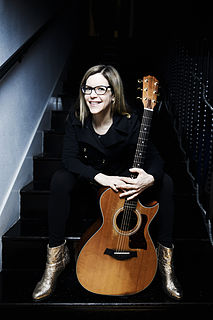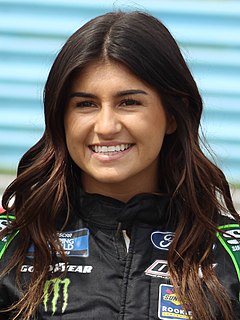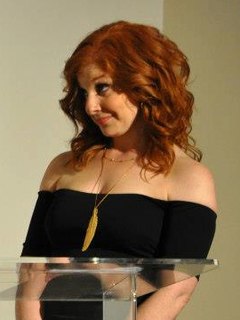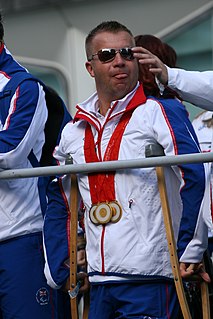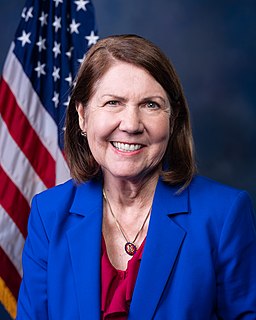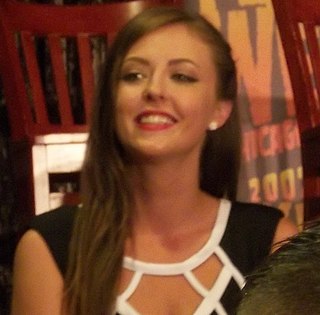A Quote by Emily Barton
[Michael] Chabon is arguing in favor of what is at the same time an old-fashioned and very forward-thinking opening up - of taking off the class associations with those labels, because we grew up, or I certainly grew up, feeling that, "Oh, there's literary fiction, and beneath that, there's these other things." He's actually saying that they're all of equal merit, and in many cases, that work in the genres, or work that draws from the genres is more entertaining for readers, since it is our job to entertain people.
Quote Topics
Actually
Arguing
Associations
Because
Beneath
Cases
Certainly
Class
Draws
Entertain
Entertain People
Entertaining
Equal
Favor
Feeling
Fiction
Forward
Genres
Grew
Grew Up
Job
Labels
Literary
Many
Merit
Michael
More
Off
Oh
Old
Old-Fashioned
Opening
Opening Up
Other
Our
People
Readers
Same
Same Time
Saying
Since
Taking
Things
Thinking
Those
Time
Up
Very
Work
Related Quotes
I'm now much more excited about genre distinctions. What I still see breaking down are more the hierarchical arrangements of genres. That is, "There is literary fiction, and then there are lesser genres." I'm much more clear on the idea that literary fiction is itself a genre. It is not above other genres. It is down there in the muck with all the other genres, and it's doing the wonderful things that it does, but to give it a Y-axis, to make it high and low, just seems absurd. I stand by that.
Honestly, when you start talking about genres, you're talking as much about the business side of writing as anything else. Certainly there are elements of reader expectation that play into various genres, and those are important, but it also becomes about packaging, placement, audience....In the end, I'm not a fan of labels. I think the best fiction blurs the boundaries between genres, stretches and breaks them.
I was born in Iran, left at a very young age-less than a year old-and grew up and was educated in the West. I grew up thinking of myself as an American but also, because of my parents and the Iranian culture that was in our home, as an Iranian. So if there's any such thing as dual loyalty, then I have it-at least culturally.
In effect, I grew up in a sort of timewarp, a place where times are scrambled up. There are elements of my childhood that look to me now, in memory more like the 1940s or the 1950s than the 1960s. Jack [Womack] says that that made us science fiction writers, because we grew up experiencing a kind of time travel.
Language is the primary way we communicate with each other, and we have really strong feelings about what words mean, and about good language and bad. Those things are really based on sort of an agglutination of half-remembered rules from high school or college, and our own personal views on language and the things we grew up saying, the things we grew up being told not to say.


